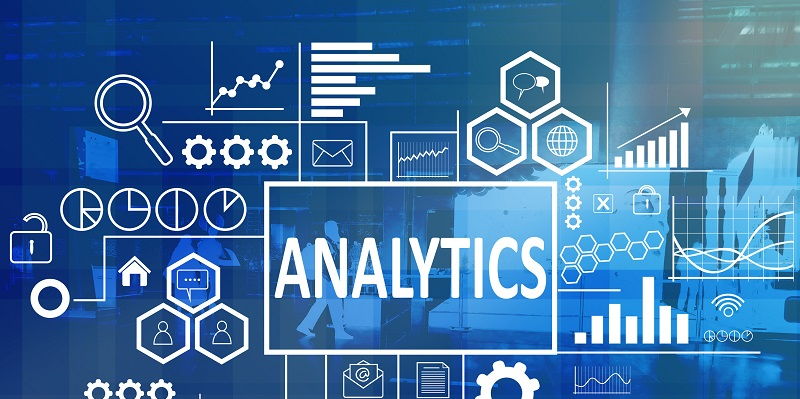In today’s ever-evolving business landscape, HR professionals play a vital role in driving organizational success. To effectively connect with employees and make intelligent strategies, HR analytics has emerged as a game-changer. By leveraging data, HR analytics paints a clear picture of what works, fostering more intelligent decision-making and driving the company forward.
Understanding HR Analytics
At its core, HR analytics is the practice of using data to enlighten HR procedures and reveal key insights that inspire smarter decisions. Gone are the days of relying solely on gut feelings and intuition. Leveraging data-driven insights enables HR professionals to make informed choices based on concrete evidence. By analyzing numbers, HR analytics sheds light on various aspects of the workforce, such as attrition rates, performance trends, and training effectiveness, among others.
The need for HR professionals to develop HR analytics skills
Prominent HR expert Matt Thomas of WorkSmart Systems emphasizes the compelling reasons for HR professionals to proactively develop and master HR analytics skills. By embracing these skills, HR professionals can efficiently solve issues before they escalate and implement interventions to enhance employee engagement and satisfaction. In a rapidly changing business environment, being equipped with HR analytics skills provides a competitive edge, enabling professionals to make data-driven decisions, ultimately propelling the company towards success.
The role of data literacy in HR analytics
Data literacy is a critical skill for HR professionals who aspire to excel in the realm of HR analytics. With the ability to comprehend and make sense of data, HR professionals can effectively use information to create a more positive and productive workplace. By developing data literacy skills, HR professionals can confidently navigate through complex datasets, interpret patterns, and draw valuable insights.
Statistical principles in HR data analysis
Statistical principles serve as a powerful toolset for extracting meaning from raw HR data. Analogous to magnifying glasses, these principles reveal hidden patterns that would otherwise go unnoticed. By applying statistical techniques such as correlation analysis, regression modeling, and hypothesis testing, HR professionals can make evidence-based decisions that have a direct impact on the workforce. Statistical analysis empowers HR professionals to identify trends, predict outcomes, and design targeted interventions, ensuring optimal utilization of human resources within the organization.
Building a Foundation in HR Analytics
To embark on the HR analytics journey, it is crucial to create a solid foundation. Formal education plays a vital role in acquiring the necessary knowledge and skills. Enrolling in data analytics, statistics, and human resources courses equips HR professionals with a comprehensive understanding of the principles and techniques required for effective HR analytics. These courses provide the theoretical underpinnings necessary to navigate the complexities of data analysis and interpretation.
Gaining Practical Experience in HR Analytics
While formal education is essential, practical experience is equally valuable in developing HR analytics skills. Working on practical projects and internships allows HR professionals to immerse themselves in the process of gathering, analyzing, and comprehending HR data. Through hands-on experience, individuals can see firsthand how data-driven insights inform decision-making and impact organizational outcomes. Building a portfolio that showcases personal projects and demonstrating a commitment to data-driven HR excellence further enhances professionals’ credibility and career prospects in the HR analytics field.
Continued Education and Professional Development
The field of HR analytics is rapidly evolving, with new trends, tools, and techniques constantly emerging. To stay ahead of the curve, HR professionals must embrace continuous education and professional development. Attending webinars and seminars, participating in conferences, and joining professional networks allows professionals to stay up-to-date with the latest advancements in HR analytics. These opportunities provide platforms for networking, knowledge sharing, and skill enhancement, ensuring that HR professionals remain competitive in the data-driven HR landscape.
As HR continues to evolve, embracing HR analytics is no longer an option but a necessity. Unlocking the power of HR analytics requires proactive skill development, including a strong foundation in data analytics, statistics, and HR principles. By gaining practical experience, honing data literacy skills, and staying abreast of industry trends, HR professionals can make informed decisions, improve employee engagement, and drive organizational success. It’s time to harness the potential of HR analytics and unlock a new era of data-driven HR excellence.

